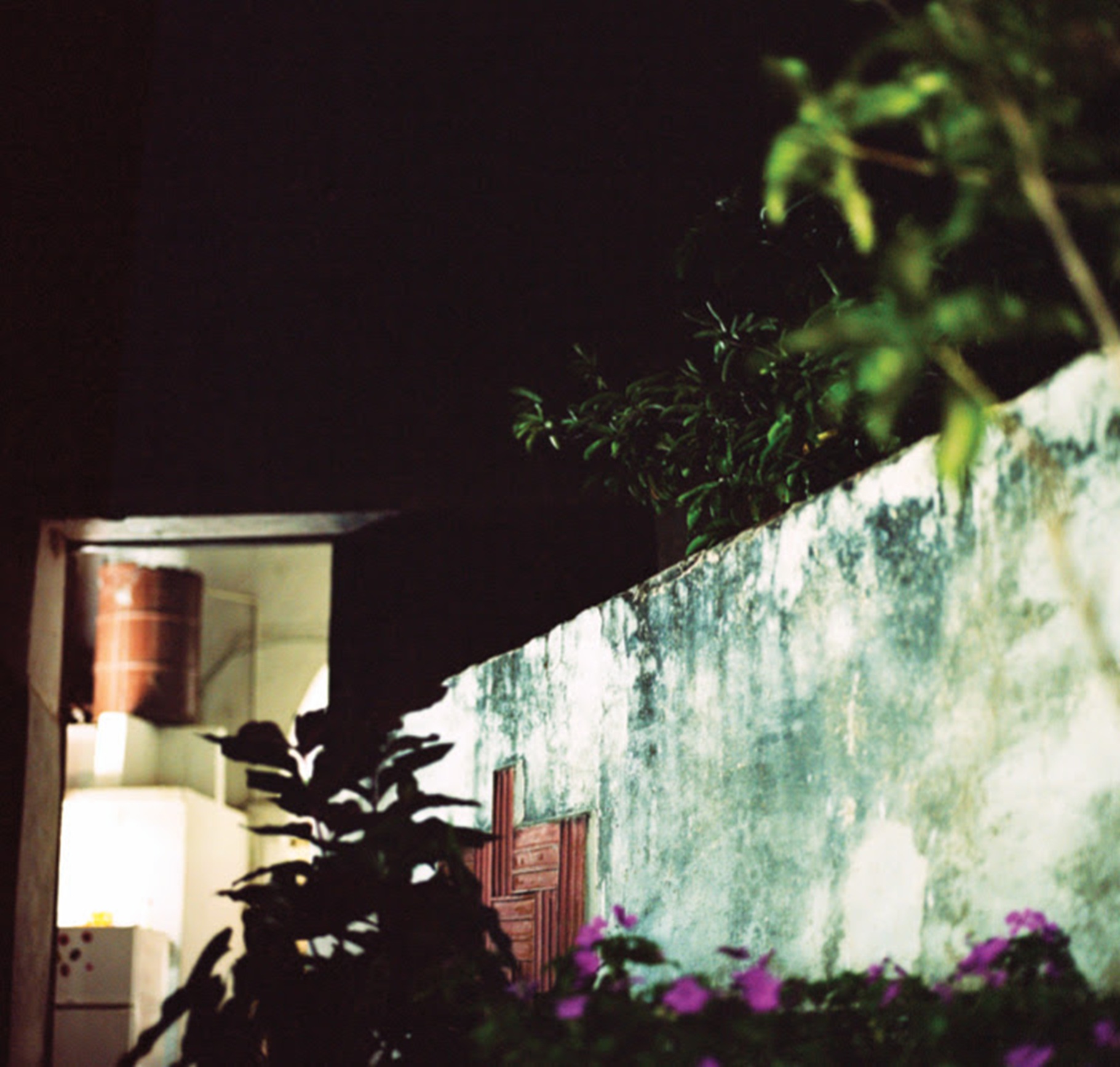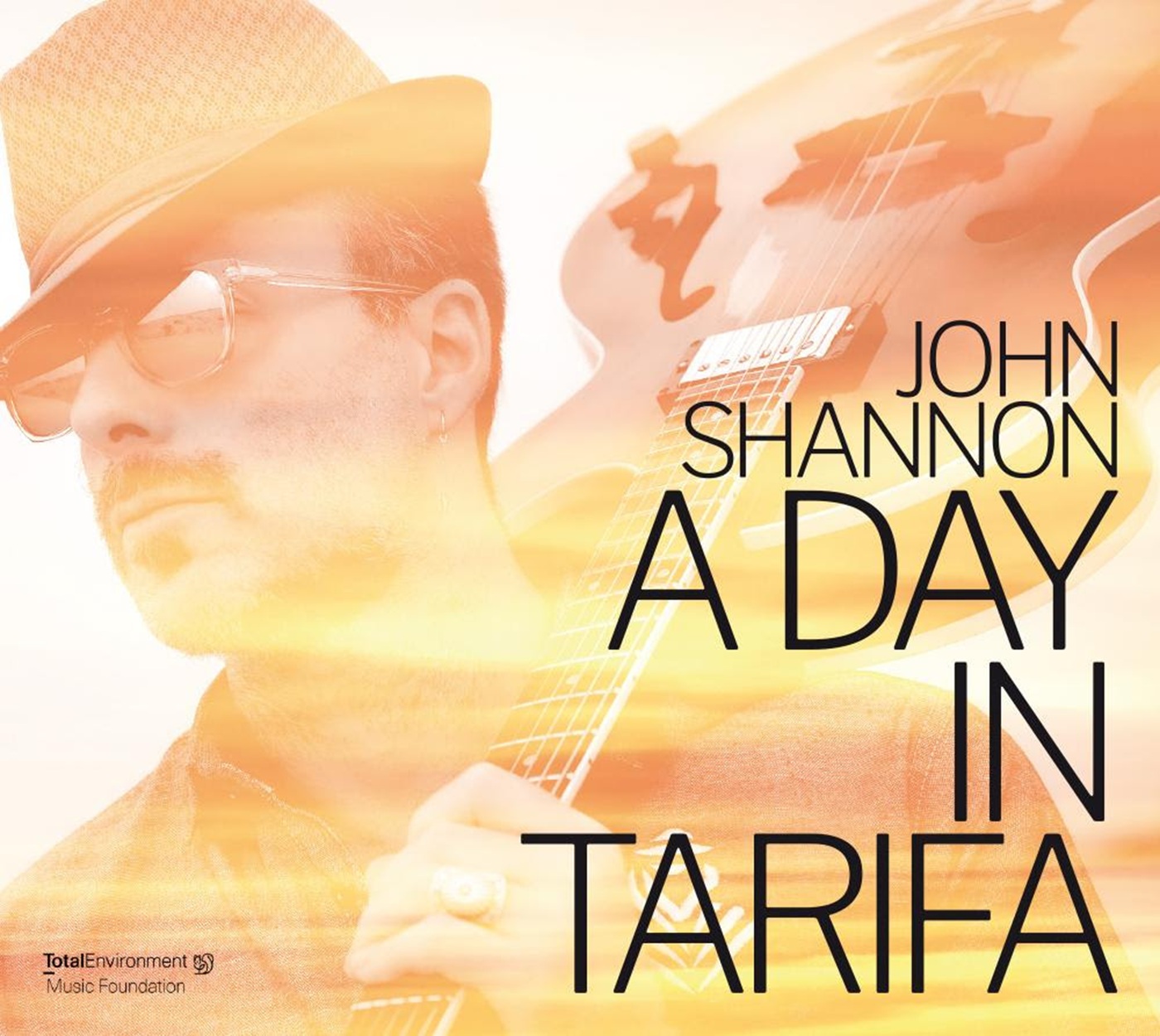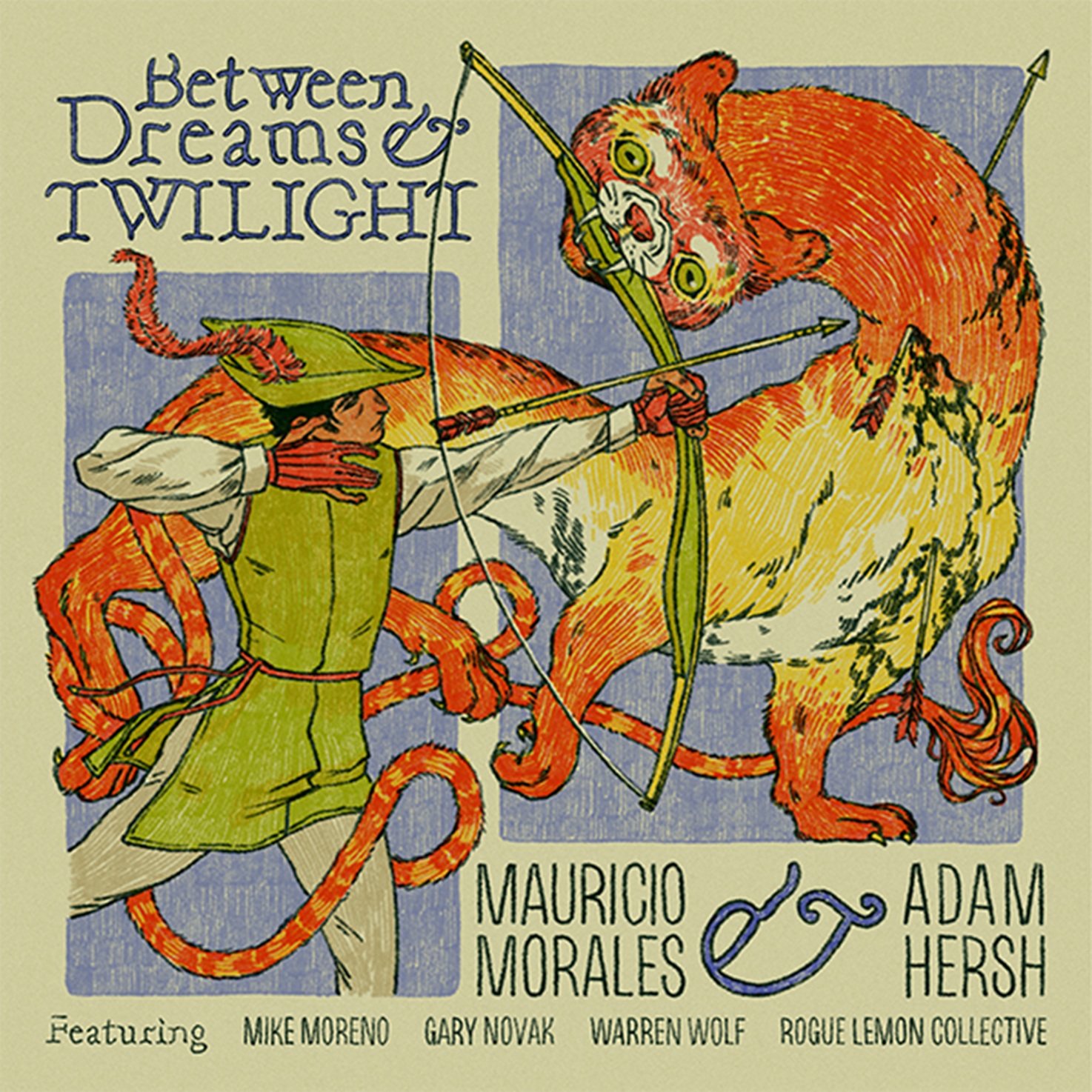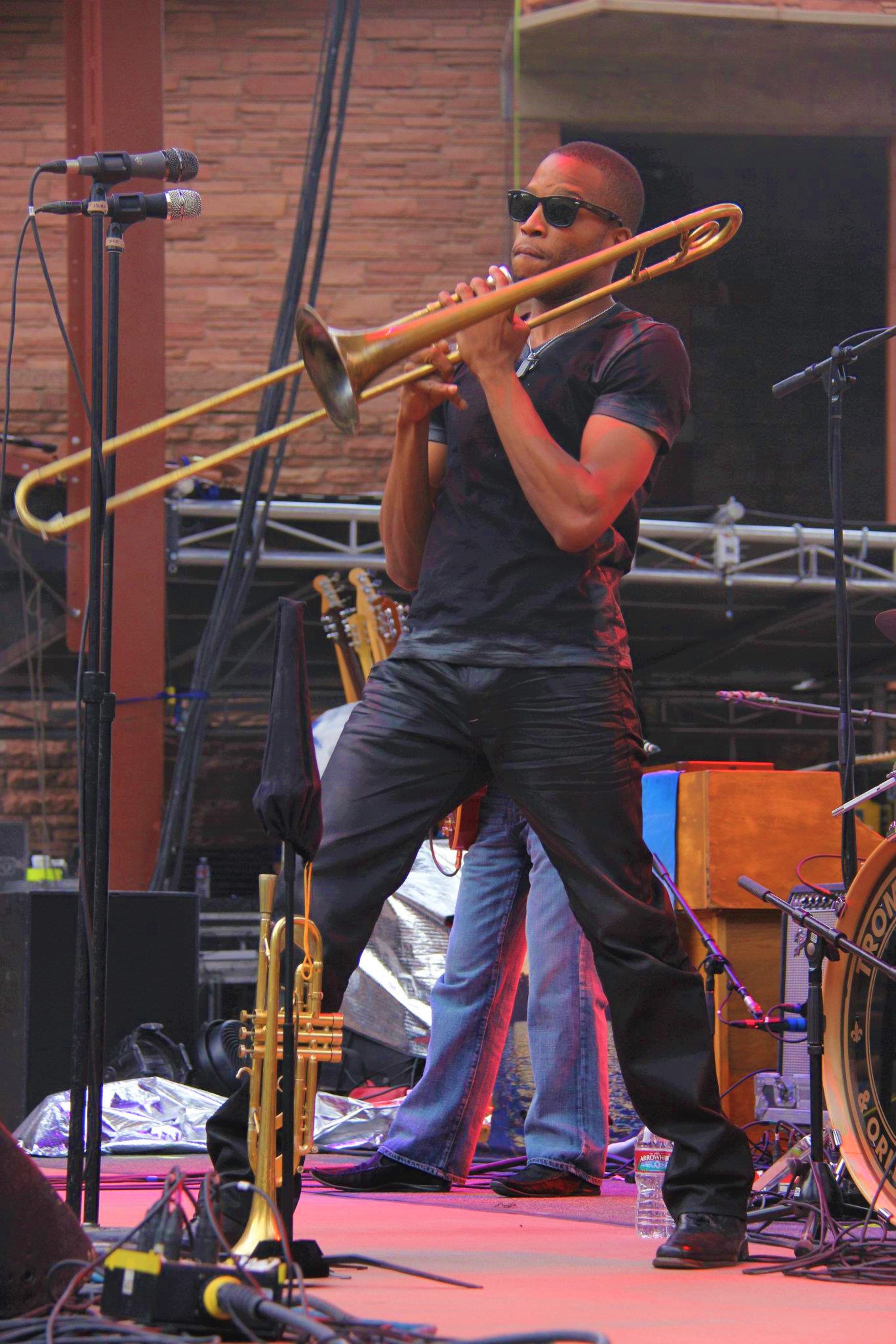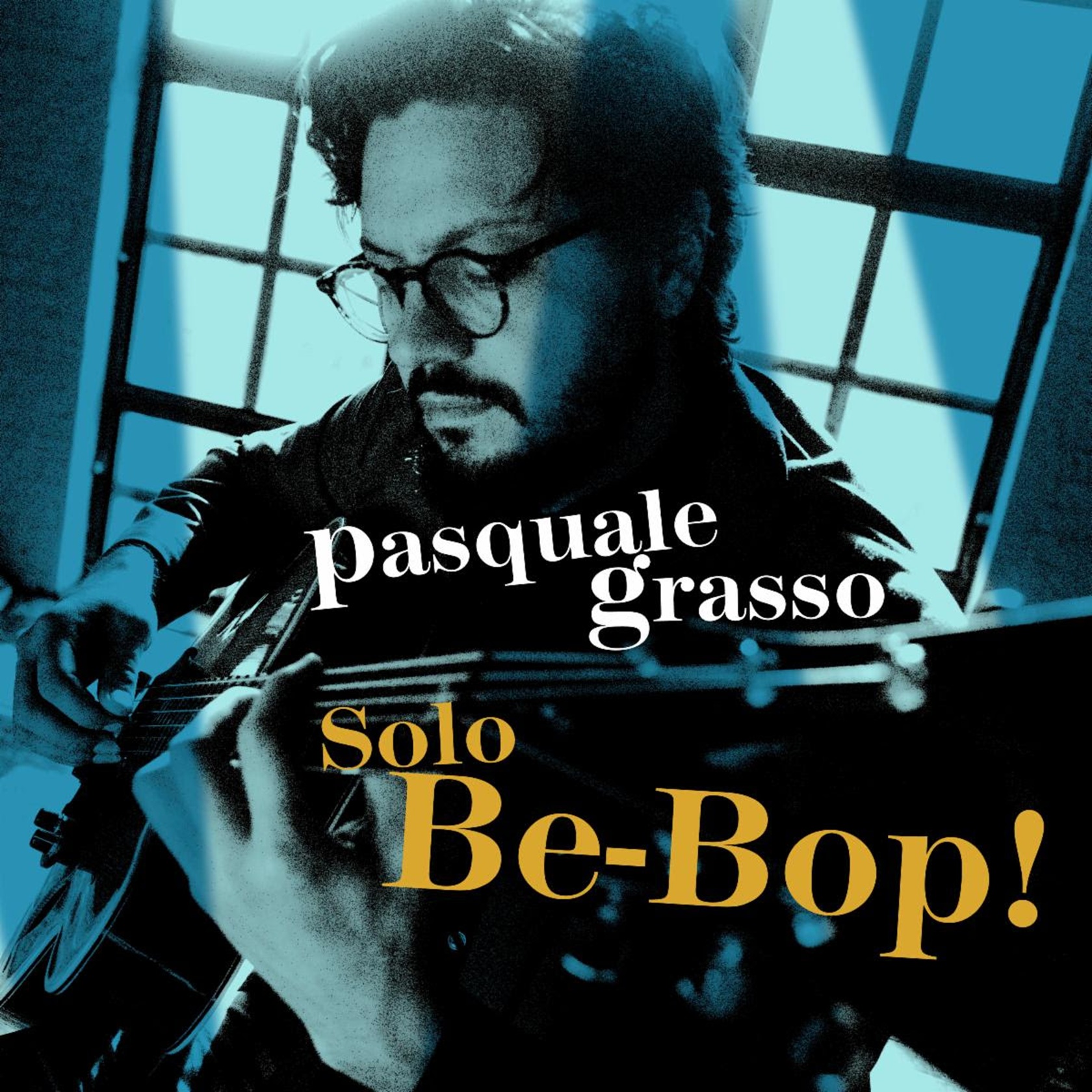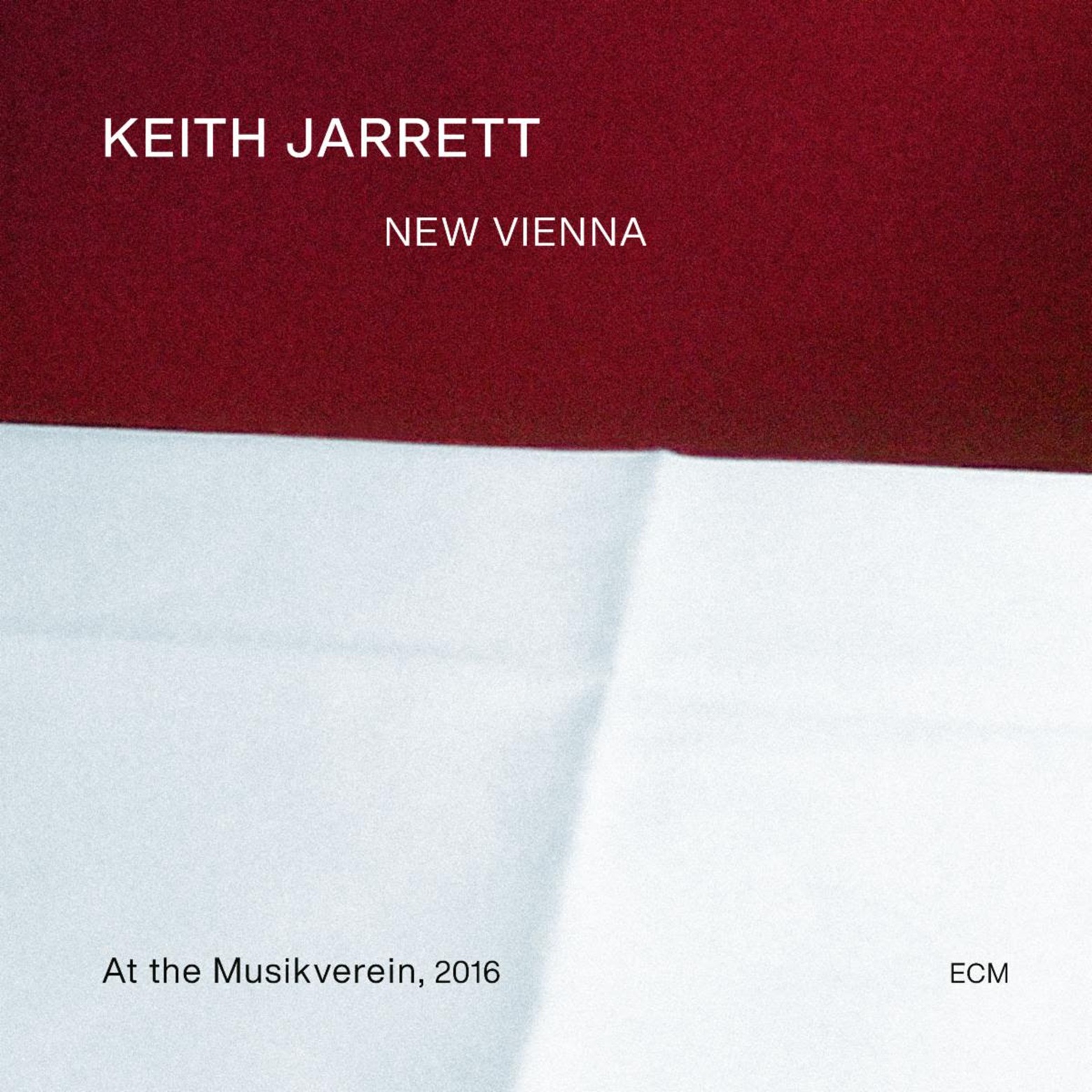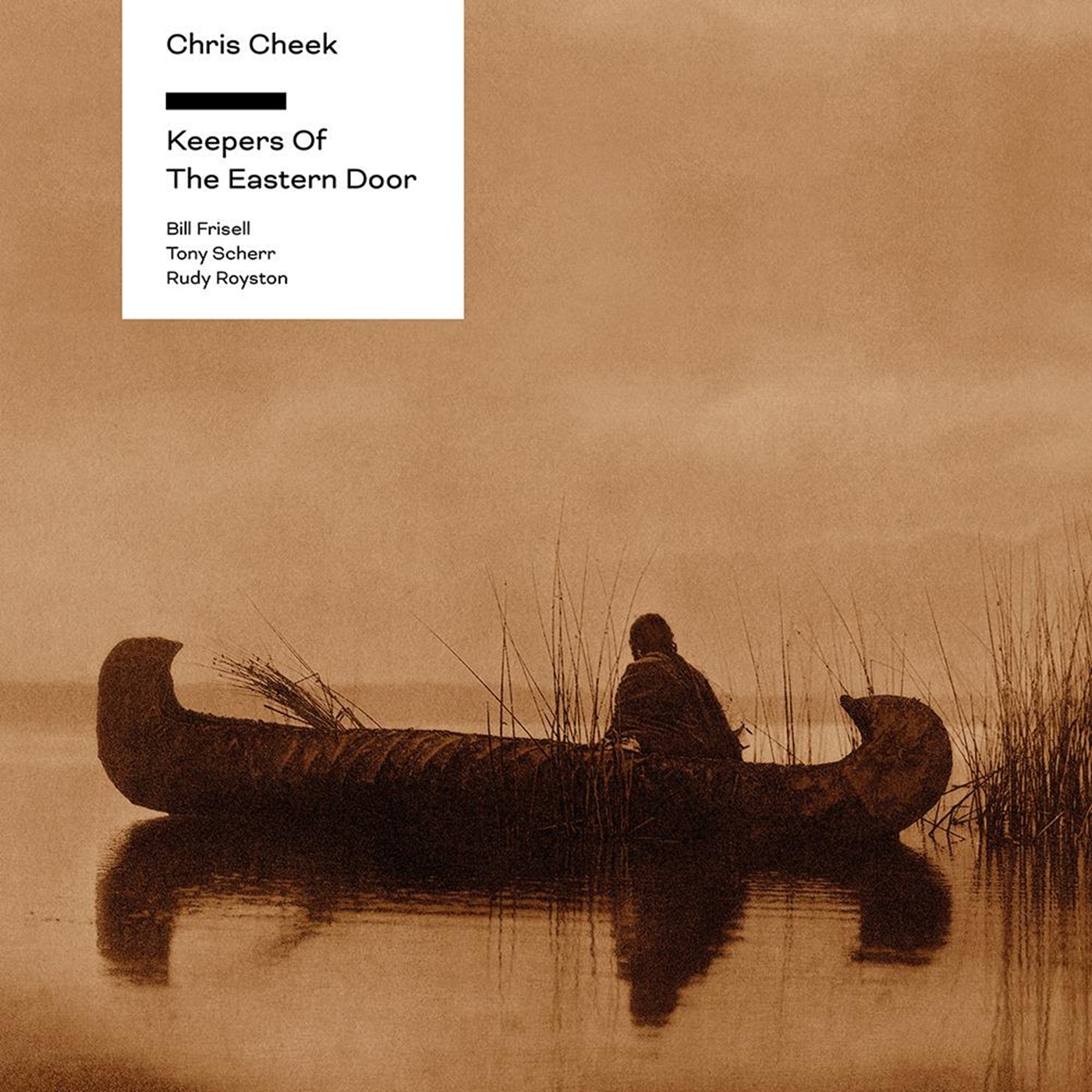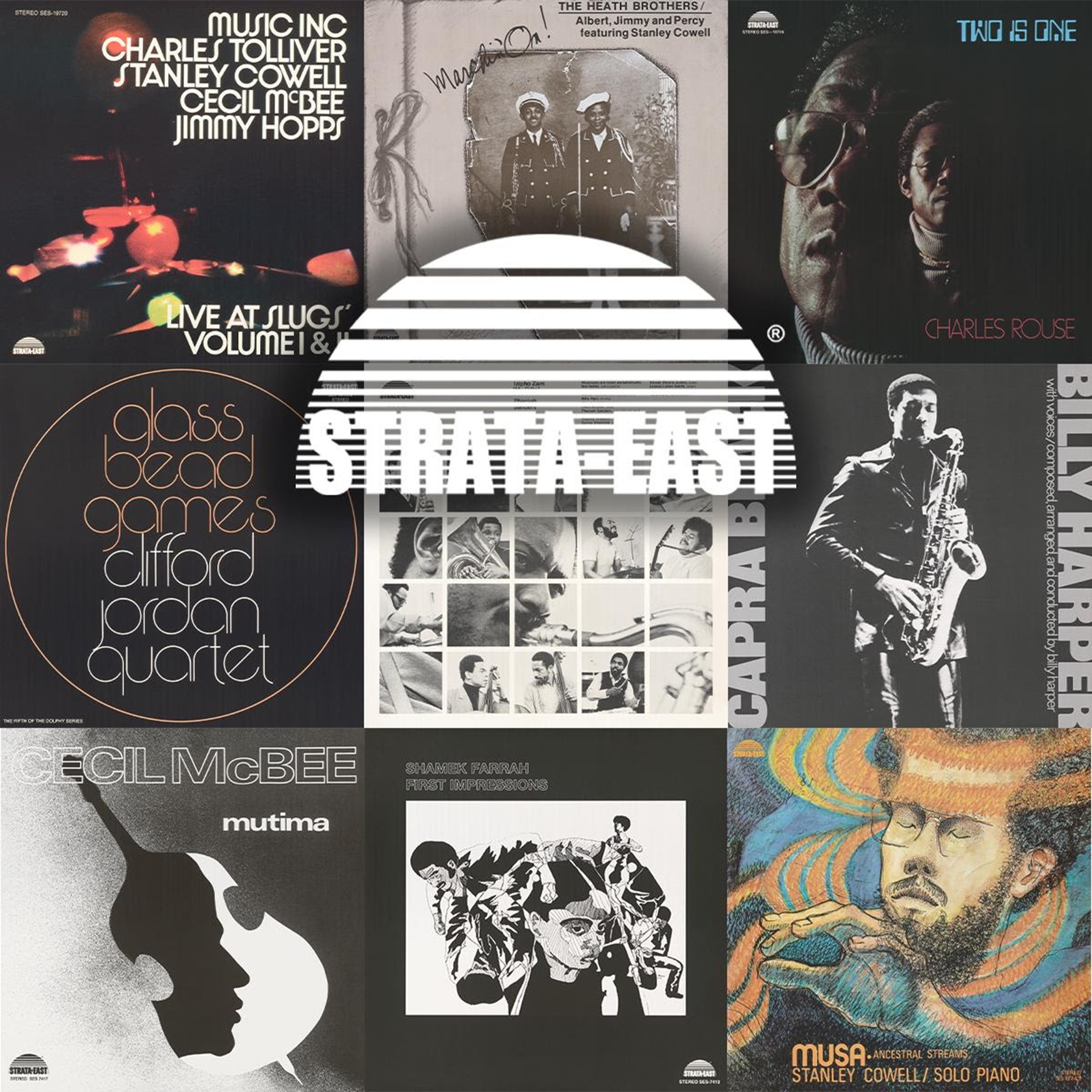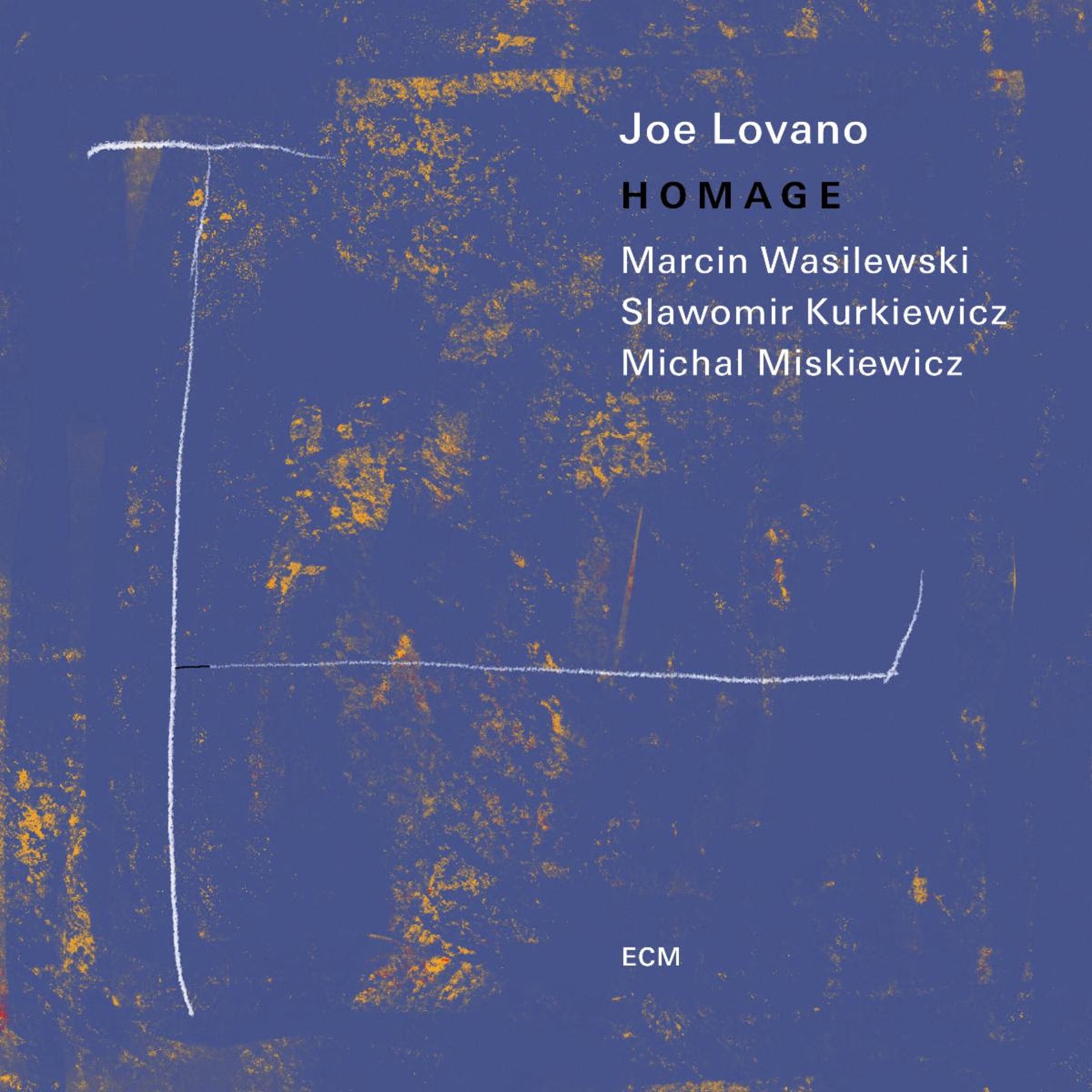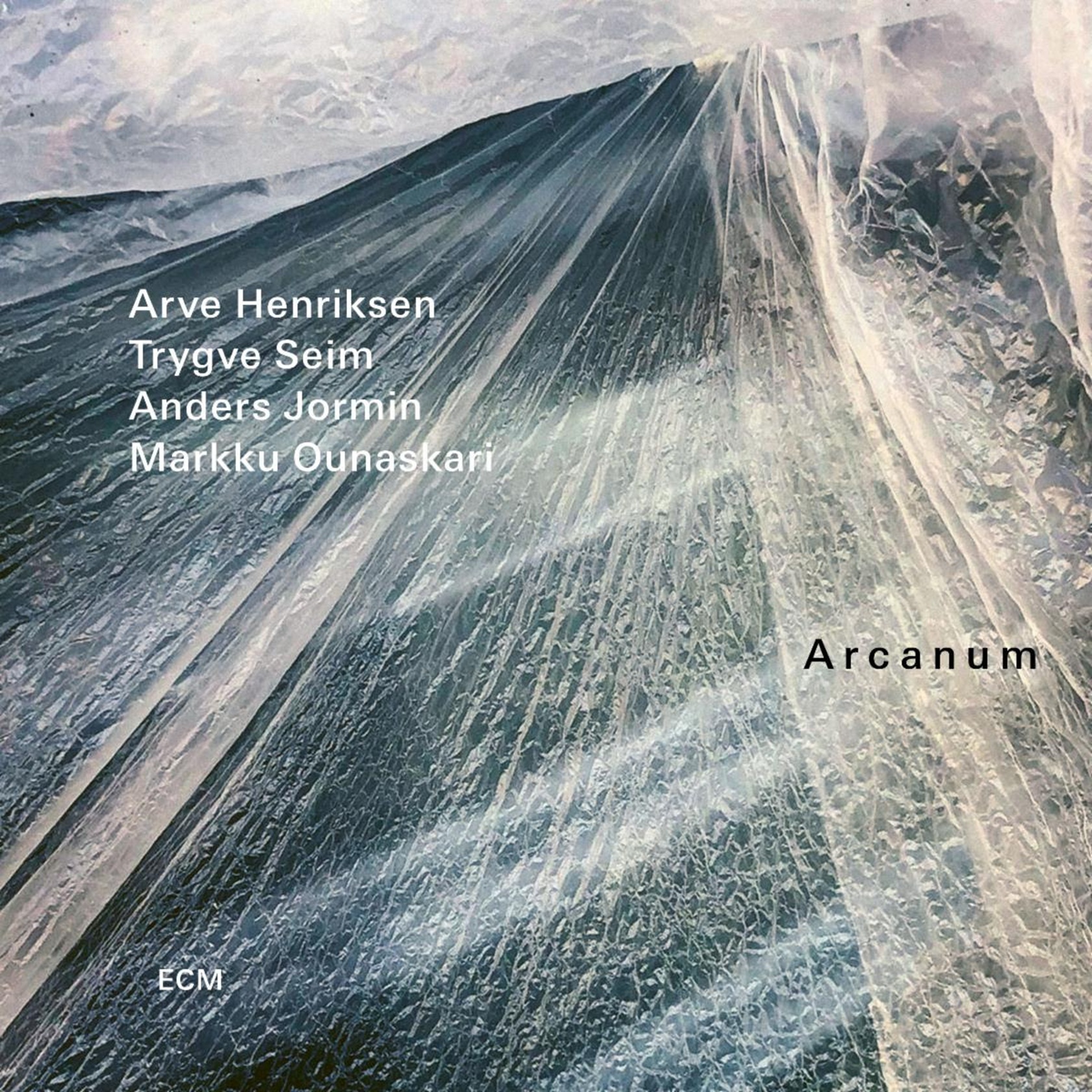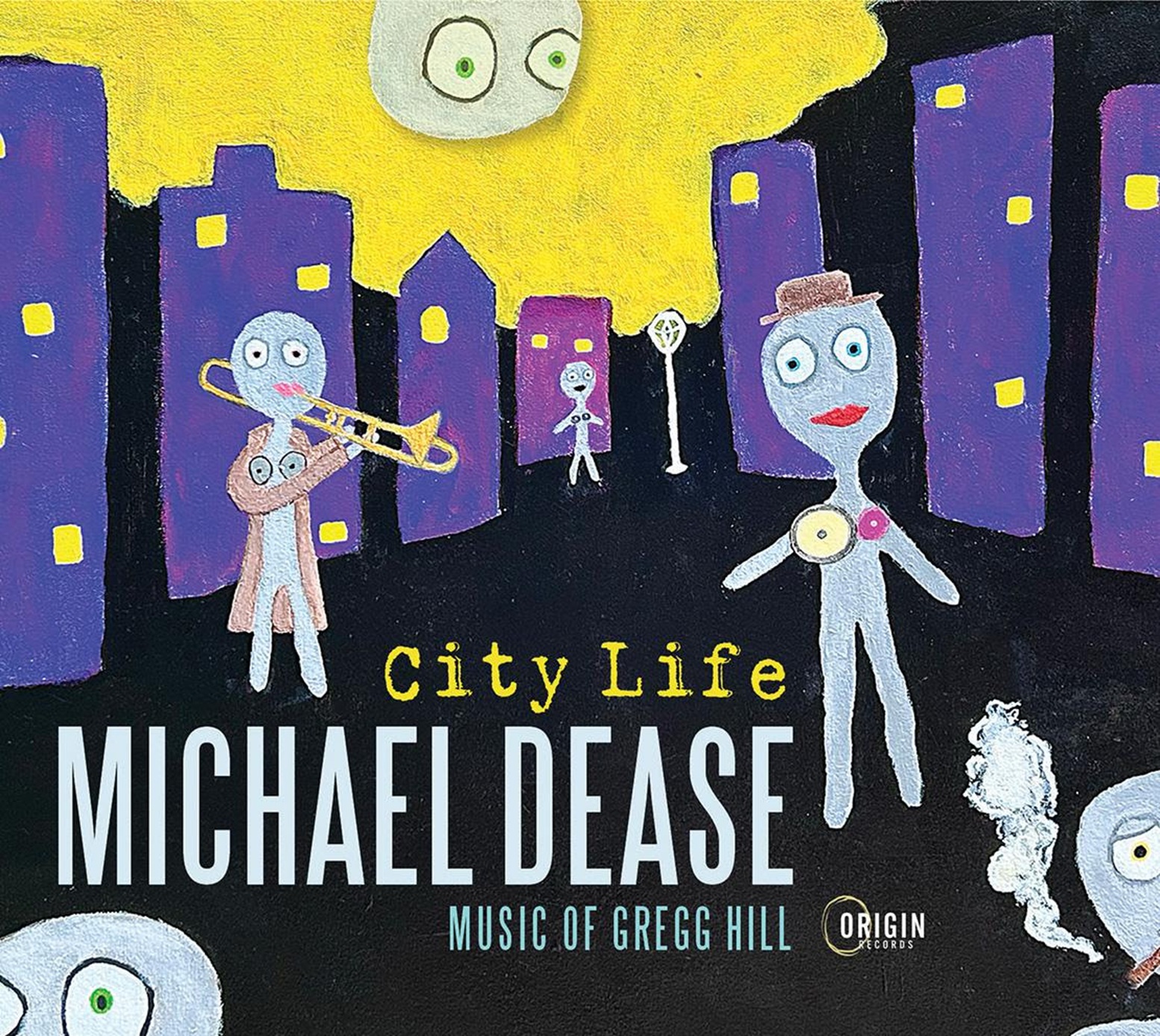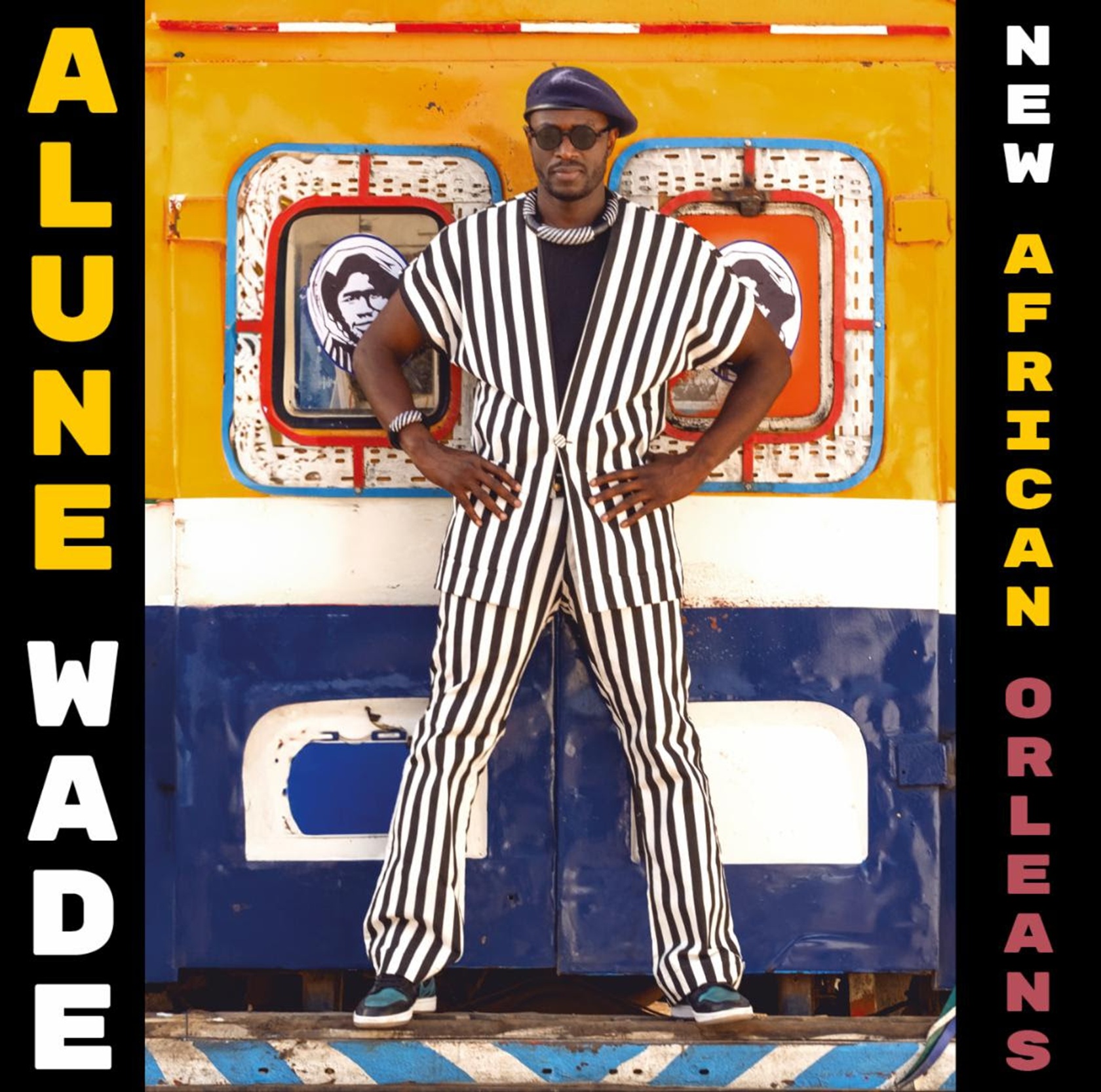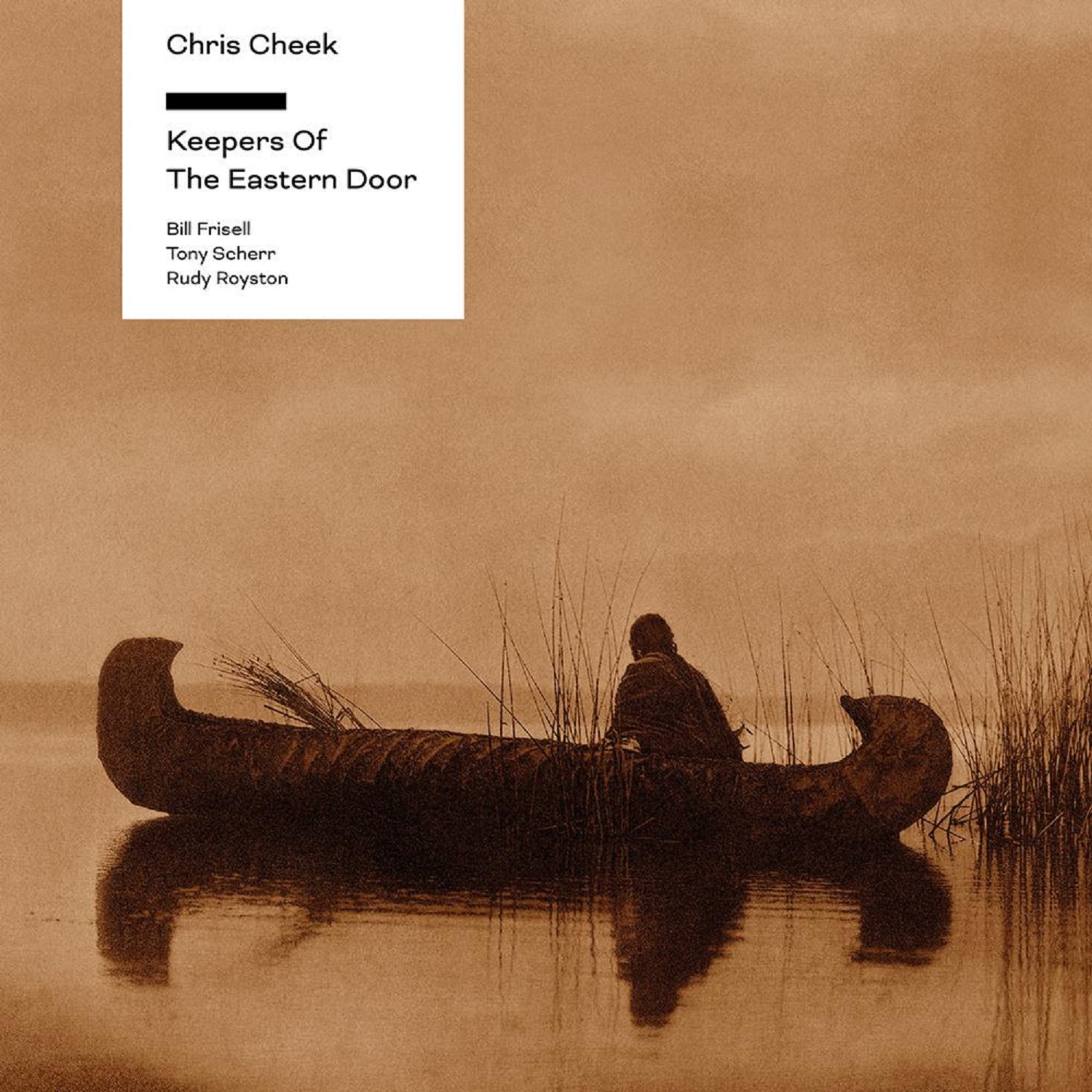The nominees for Best Large Jazz Ensemble Performance category at the Grammy Awards in 1998 included a nonet album from a talented young guitarist and arranger, catapulted into the limelight by the honor. By the time he recorded his fourth nonet album in 2006, The Power of Nine, Anthony Wilson was well-known as the guitarist for Diana Krall and lauded as one of the most outstanding jazz musicians on the West Coast. After nearly two decades, Wilson returns to what first ushered him into the public eye, releasing a brand-new nonet album, House of the Singing Blossoms, performed live and recorded for a boisterous audience at Sam First in Los Angeles.
"I've been feeling for quite some time that I wanted to revisit that instrumentation, the whole ethos of the larger ensemble," Wilson explains; an ethos whose father, bandleader Gerald Wilson, understood very well. "I'd heard people like B.B. King, or Clarence "Gatemouth" Brown, T-Bone Walker, those kinds of guitarists centered in a group with a horn section," he continues. "And, over a period of years it kind of opened up, and I learned to have less of a hold over what we were doing, turning it into the kind of ensemble that incorporated improvisation in a more open, natural way."
Wilson returns from his previous nonets with the twin veterans, drummer Mark Ferber and trombonist Alan Ferber, complementing them with other established artists: tenor saxophonist Bob Reynolds, whom Wilson lauds as the "ultimate team player with a responsibility to the music as well as a sense of freedom and energy," and pianist Gerald Clayton, a constant musical companion of Wilson's. "I've come to depend on the beauty of what he provides, what he embodies as a musician – both a real, abiding interest in all the traditional elements of what we love, and then a look forward and outward that isn't super contained by a traditional identity," says Wilson of his friend.
Then there are emergentists who have redefined the creative music scene in Los Angeles: alto saxophonist Nicole McCabe, baritone saxophonist Henry Solomon, bassist Anna Butterss, and trumpeter and French horn player CJ Camerieri. Wilson says of his crew, "I like to be surrounded by people whom I trust for their musicality, but who most of all make me feel inspired by their presence and energy."
Wilson's recent output includes a turn towards singing and songwriting, and these arrangements similarly have a song-like quality to them. Take the swampy saloon number "Bordertown" by saxophonist Bennie Wallace, who played on Wilson's first two albums and was influential in his textural approach to horn-writing. Wallace also harkens back to Wilson’s history, having first recorded the Lennon/McCartney classic on his third album, Adult Themes. He conjoins two Joe Zawinul compositions, prefacing the groovy Cannonball Adderley-era boogaloo "Walk Tall" with an elaborated "In a Silent Way" from Miles Davis' foray into fusion. Two pieces resound from Keith Jarrett's album Treasure Island: The tender "Introduction & Yaqui Indian Folk Song," and "Le Mistral," which Wilson characterizes as "a rollicking piece that captures the spirit and energy of this band beautifully." And saxophonist Ben Wendel's "Simple Song" has long been a favorite of Wilson's. "I thought I could combine some songs like this with some new pieces that I was writing," he summarizes.
The name for the title track came to Wilson while perusing some photographs specially for album artwork taken by Paul Solomon, founder of Sam First. Wilson discovered "a nightscape of a building with a door opening out onto a field of glowing purple blooms... House of the Singing Blossoms seems to transport us to an enchanted, almost supernatural location, full of mystery and wonder." Another original, "Blues for Wandering Angels," is a classic minor blues. Wilson ruminates, "I am often thinking of those guardian angels who seem to aid and protect us during the course of our lives and this title expresses the thought that some of those spirits might yet be unattached to their destined beings on the ground – and wandering themselves – until they finally make their connection."
The album begins with a final tribute. Wilson explains, "'Triple Chase' is a song of my father's from the 1980s that was a staple of his orchestra’s live sets until the end of his life." Gerald Wilson's composition exemplifies how Anthony Wilson's biography is quintessentially a part of the music he is making. Regarding his return to nonet, he concludes: "It feels like it opens the door again to developing things with this type of ensemble for the future, in ways that might integrate all the things that I've done along the way. I feel like I'm looking at this as an opportunity to embrace this ensemble again and to begin to explore all the possibilities that might be there..."





